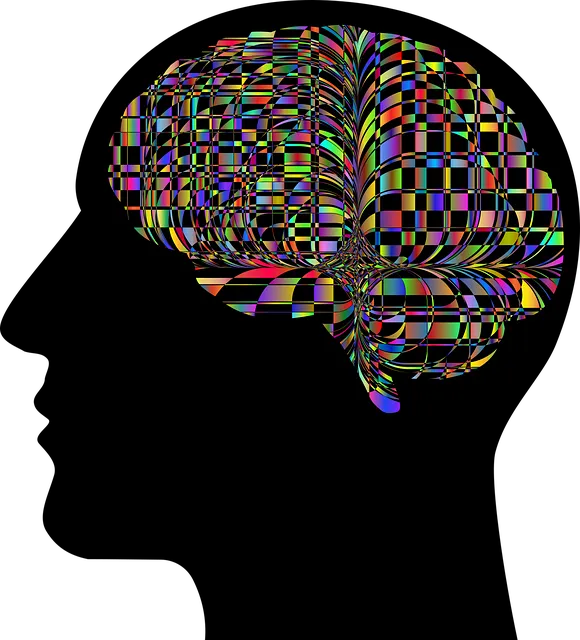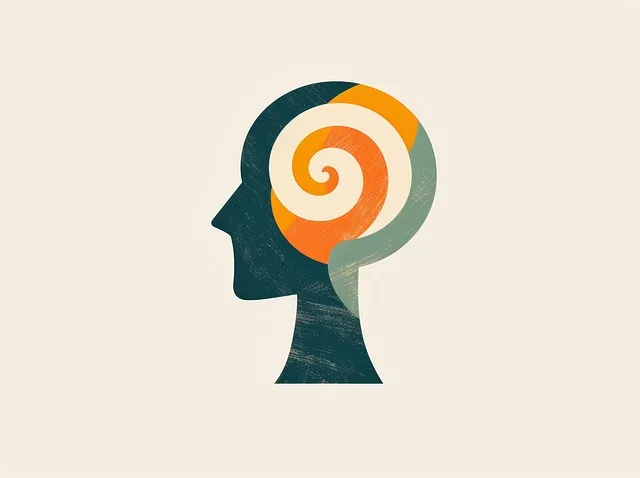In today's digital age, accessing high-quality mental health care is crucial. Kaiser leads in providing superior how to get mental health services through a holistic diagnosis model integrating patient symptoms, narratives, and environmental factors. They employ AI, machine learning, continuous training for professionals, and patient-centric strategies like journaling, self-care routines, and crisis intervention guidance. This comprehensive approach ensures accurate diagnoses, effective treatment plans, and reduced stigma, enabling individuals to actively manage their mental well-being.
Mental illness diagnosis accuracy is a critical aspect of effective treatment, yet remains challenging. This article explores efforts to enhance diagnostic precision, delving into innovative strategies that promise to transform mental healthcare. We discuss the compelling need for accurate diagnoses, presenting ‘The Kaiser Model’—a holistic framework. Advanced technologies are integrated to refine assessments, while training programs empower professionals. Patient-centric approaches encourage involvement, ensuring individuals are at the heart of their mental health journey, ultimately leading to superior how to get mental health services.
- Understanding the Imperative: Why Diagnostically Accurate Mental Health Care is Crucial
- The Kaiser Model: A Comprehensive Approach to Enhancing Diagnosis Accuracy
- Integrating Advanced Technologies for More Precise Assessments
- Training and Education: Empowering Professionals for Better Diagnosis
- Patient-Centric Strategies: Involving Individuals in Their Mental Health Journey
Understanding the Imperative: Why Diagnostically Accurate Mental Health Care is Crucial

In today’s digital era, access to superior how to get mental health services is more important than ever. Mentally ill individuals deserve diagnostically accurate care, which acts as a cornerstone for effective treatment and management. Unfortunately, misdiagnosis rates in mental health remain alarmingly high, often due to complex symptoms that overlap across various disorders. This imperfection in diagnosis not only hampers personalized treatment plans but also perpetuates stigma, leading many to avoid seeking help altogether.
Accurate mental illness diagnosis is crucial for several reasons. Firstly, it enables risk management planning for mental health professionals, mitigating potential hazards associated with treating vulnerable patients. Secondly, it facilitates conflict resolution techniques that address co-occurring disorders or medication interactions, enhancing patient safety and treatment outcomes. Furthermore, prioritizing diagnostically accurate care can significantly contribute to depression prevention efforts by early identifying at-risk individuals and providing timely interventions.
The Kaiser Model: A Comprehensive Approach to Enhancing Diagnosis Accuracy

The Kaiser Model offers a comprehensive approach to enhancing mental illness diagnosis accuracy, focusing on multiple interconnected aspects of patient care and support. This model prioritizes holistic assessment, where healthcare providers consider not just symptoms but also environmental factors, social determinants of health, and personal narratives. By integrating this diverse data, professionals gain deeper insights, leading to more precise diagnoses.
One key component is empowering patients through mental wellness journaling exercises and coping skills development. This allows individuals to actively participate in tracking their emotional well-being, identifying triggers, and learning effective coping strategies. Additionally, fostering self-esteem improvement through therapeutic interventions and support groups enhances patient engagement and trust, ensuring they feel heard and understood during the diagnostic process.
Integrating Advanced Technologies for More Precise Assessments

Integrating advanced technologies is a game-changer in enhancing mental health assessment accuracy. Kaiser’s innovative approach to mental illness diagnosis leverages sophisticated tools like artificial intelligence (AI) and machine learning algorithms to analyse vast amounts of patient data, including medical history, symptoms, and behavioural patterns. This enables healthcare professionals to gain deeper insights into an individual’s mental state, leading to more precise diagnoses.
By employing these advanced technologies, Kaiser is not only improving the accuracy of mental illness assessments but also contributing to Mental Illness Stigma Reduction Efforts. Early and accurate diagnosis can lead to effective treatment plans tailored to each patient’s unique needs. Moreover, this approach ensures that individuals seeking how to get mental health services through Kaiser receive timely interventions, including Crisis Intervention Guidance and strategies for Anxiety Relief, ultimately fostering better mental well-being.
Training and Education: Empowering Professionals for Better Diagnosis

Mental health professionals play a pivotal role in accurately diagnosing individuals with mental illnesses. To enhance diagnosis accuracy, continuous training and education are essential. By participating in advanced workshops, attending conferences, and engaging in ongoing professional development programs, healthcare providers can stay updated on the latest research, treatment methods, and symptom recognition. This enables them to better understand complex mental health conditions and make more precise assessments.
Empowering professionals with comprehensive knowledge about mood management techniques, positive thinking interventions, and crisis intervention guidance ensures they are equipped to support patients effectively. Through these educational efforts, healthcare workers can improve their diagnostic skills, leading to superior how to get mental health services for individuals in need.
Patient-Centric Strategies: Involving Individuals in Their Mental Health Journey

In today’s digital era, Kaiser’s superior how to get mental health services has evolved to include patient-centric strategies that empower individuals to take an active role in their mental health journey. By involving patients in their care plans, mental health professionals can tailor treatments and interventions to meet specific needs, enhancing the effectiveness of support. This approach fosters a sense of ownership and encourages self-awareness, enabling individuals to better manage their symptoms and improve overall well-being.
Risk Management Planning for Mental Health Professionals plays a crucial role in this process, as it ensures safe and ethical practices. Self-Care Routine Development for Better Mental Health is another key component, teaching patients coping mechanisms and stress management techniques that can be integrated into their daily lives. Additionally, Crisis Intervention Guidance equips both professionals and patients with tools to navigate mental health crises, promoting timely support and positive outcomes.
Mental illness diagnosis accuracy is a multifaceted issue that demands innovative solutions. By adopting comprehensive approaches like the Kaiser Model, integrating advanced technologies, enhancing training and education, and prioritizing patient-centric strategies, we can significantly improve mental health care. The Kaiser approach demonstrates how a holistic system can provide superior mental health services, ensuring individuals receive accurate diagnoses and effective treatments tailored to their unique needs. This, in turn, paves the way for better outcomes and improved quality of life for those navigating mental health challenges.




